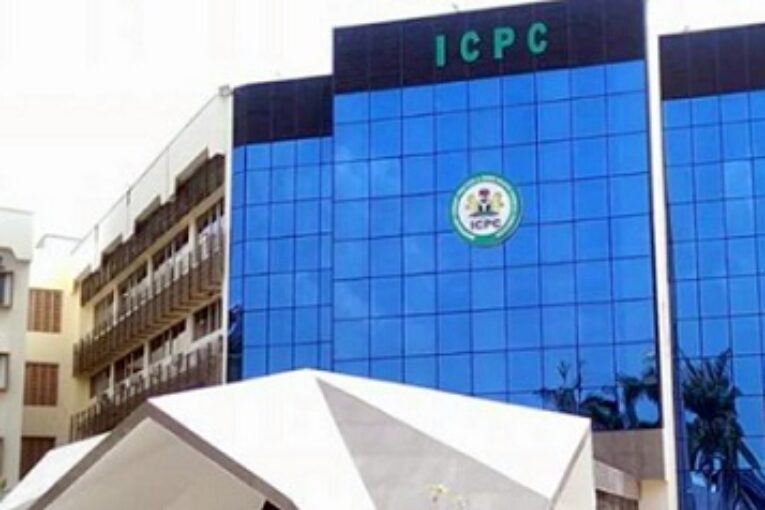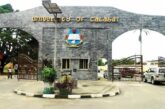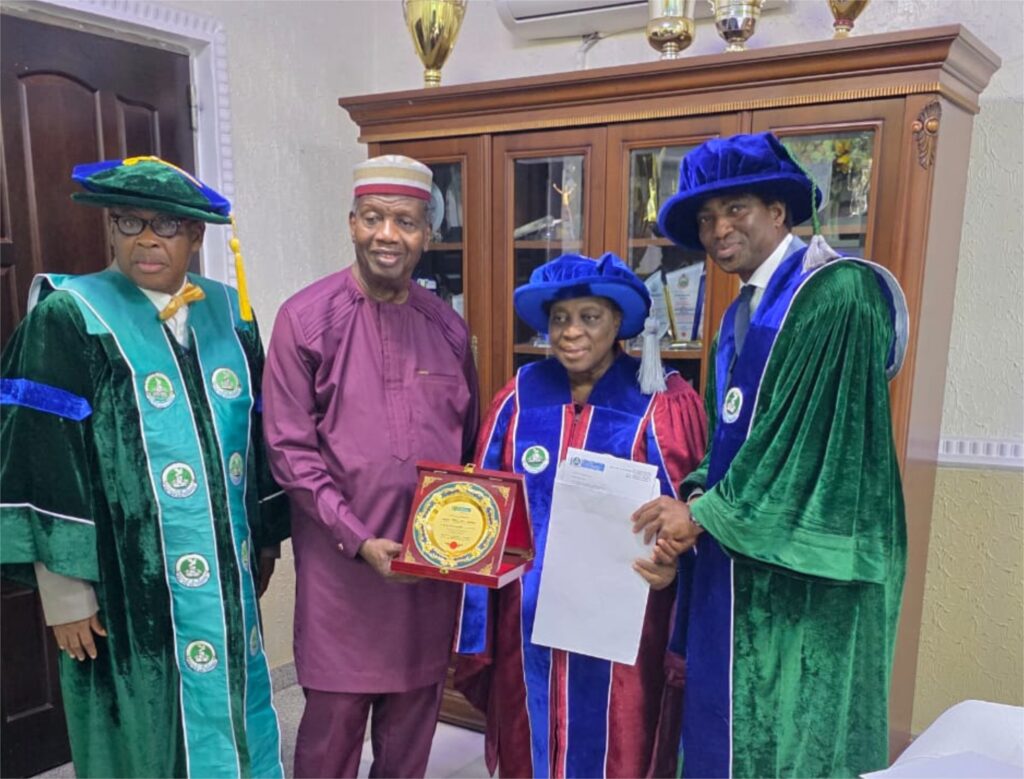
As public pressure builds, transparency in its administration remains under scrutiny.
The Independent Corrupt Practices and Other Related Offences Commission (ICPC) has withdrawn its earlier allegation of financial discrepancies in the disbursement of student loans under the Nigeria Education Loan Fund (NELFUND), citing an editorial error in a prior press statement.
The reversal comes just hours after the anti-corruption agency initially announced that its preliminary investigation had uncovered a “clear case of discrepancies” in how NELFUND funds were administered.
The initial statement set off a flurry of speculation, as it appeared to indicate that over ₦71 billion in public funds might have been misappropriated.
In a revised statement issued Thursday, May 1, the commission retracted its claims, saying the earlier version mistakenly omitted the word “not,” which fundamentally altered the intended meaning.
“Unintentionally, the word ‘NOT’ was missing in the second-to-last paragraph of our earlier press release in respect of an ongoing investigation regarding the Student Loan Scheme.
“The missing word created an erroneous impression that the alleged discrepancies or diversion had been established. We admit that this is not the case,” said Demola Bakare, Director of Public Enlightenment and Education at the ICPC.
Bakare clarified that the commission’s current position is that while there are questions about fund disbursement, no conclusion has been reached regarding wrongdoing.
According to him, NELFUND has received a total of ₦203.8 billion in funding, including allocations from the Federation Account, the EFCC, and the Tertiary Education Trust Fund (TETFund).
However, only ₦44.2 billion has so far been disbursed to students across 299 tertiary institutions, leaving a significant amount—₦159.6 billion—undisbursed, but not necessarily diverted.
“The impression of diversion and the issue of discrepancies do not exist at this stage; the investigation would have to move into the receiving institutions and persons before any reasonable deductions could be made,” he stated.
Petition and Investigation
The investigation was triggered by a formal petition jointly filed by NELFUND and the National Orientation Agency (NOA), which raised concerns about irregularities in the loan disbursement process.
ICPC’s Special Task Force launched a probe and requested documentation from top financial oversight bodies, including the Budget Office, the Accountant General’s office, and the Central Bank of Nigeria.
In response to mounting concerns, the ICPC said it is now focusing its efforts on the institutions and individual students who received the funds.
This comes amid media reports and student complaints that certain universities and colleges may have illegally deducted or withheld student loan payments.
The Punch previously reported that at least 51 institutions charged illegal fees ranging from ₦3,500 to ₦30,000 from the loan disbursements.
Allegations also emerged of school officials diverting loan funds into private accounts. The National Association of Nigerian Students (NANS) corroborated these claims.
Akinbodunse Felicia, NANS Vice President for Inter-Campus and Gender Affairs, cited NOA findings suggesting collusion between some tertiary institutions and banks to deprive students of their entitlements.
“Some students were not even aware loans were disbursed in their names, yet they were asked to pay tuition again,” she said, while commending NELFUND’s Managing Director, Akintunde Sawyerr, for addressing the concerns transparently.
Felicia also warned that the student body would hold nationwide protests on April 24 to demand greater accountability from both institutions and regulators.
Lawmakers intervention
The House of Representatives Committee on NELFUND has since stepped in, pledging to work with ICPC to ensure transparent disbursement moving forward. NANS President Olusola Oladoja confirmed the committee’s commitment to oversight and reform.
In a statement, the NOA’s Deputy Director of Communications and Media, Paul Odenyi, revealed that several institutions and banks have already been identified as complicit in the alleged financial malpractice.
The student loan scheme, backed by the 2024 Student Loans Act, was designed to help Nigerians access higher education, vocational training, and skills acquisition by covering tuition and other academic expenses.
As public pressure builds, transparency in its administration remains under scrutiny.
Pulseng




